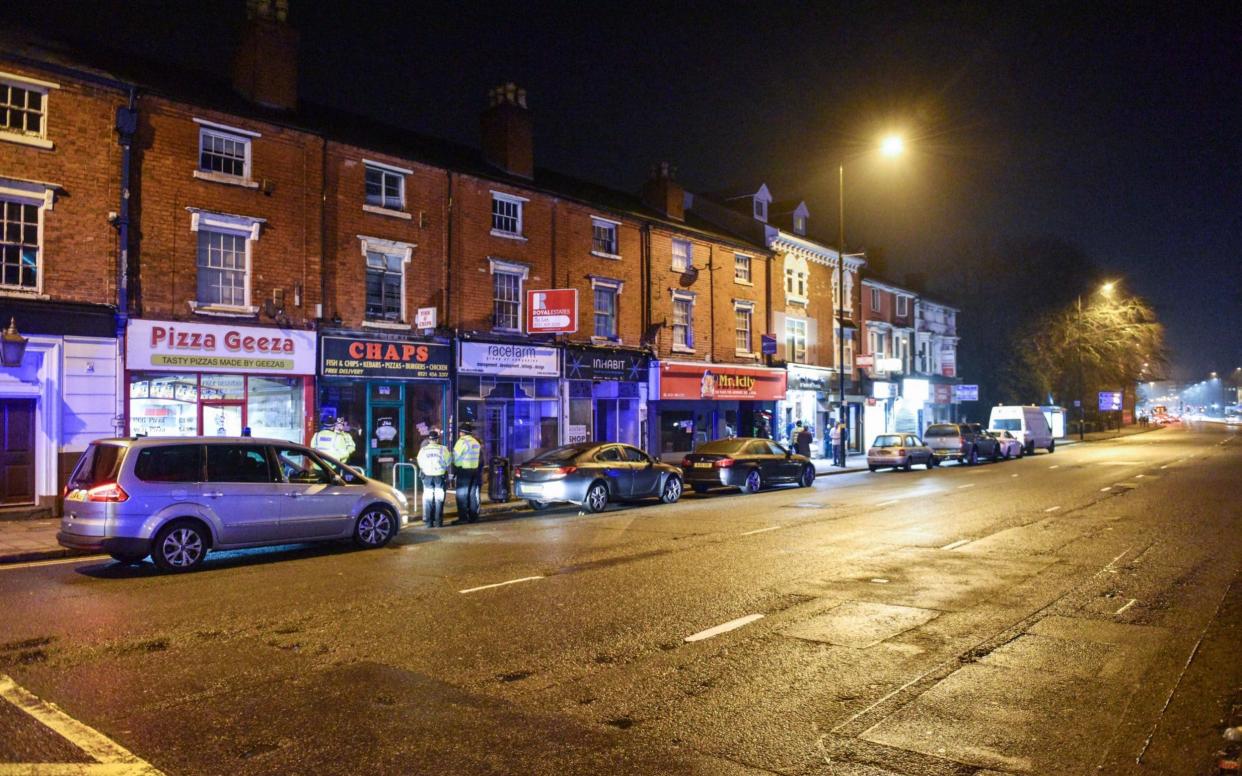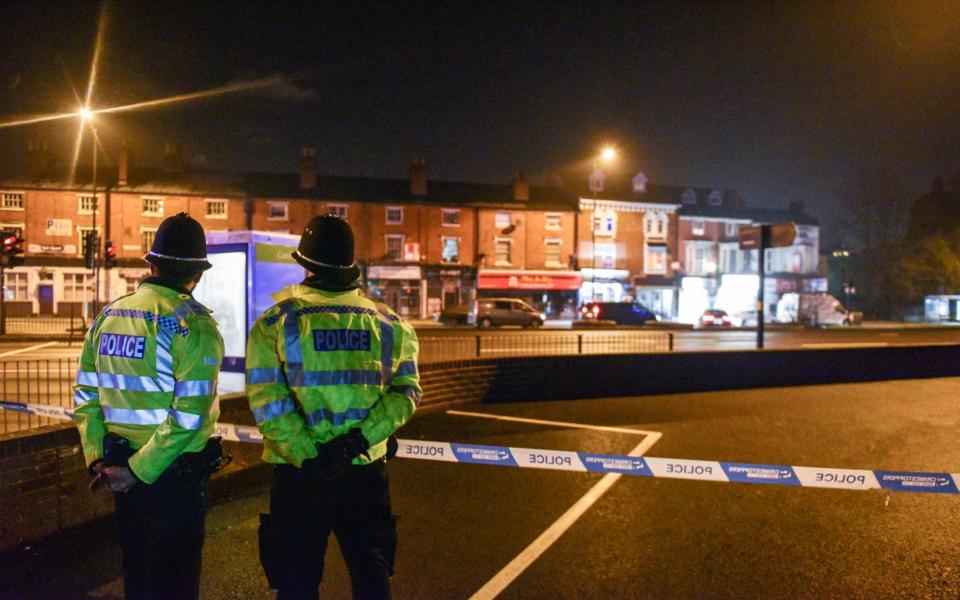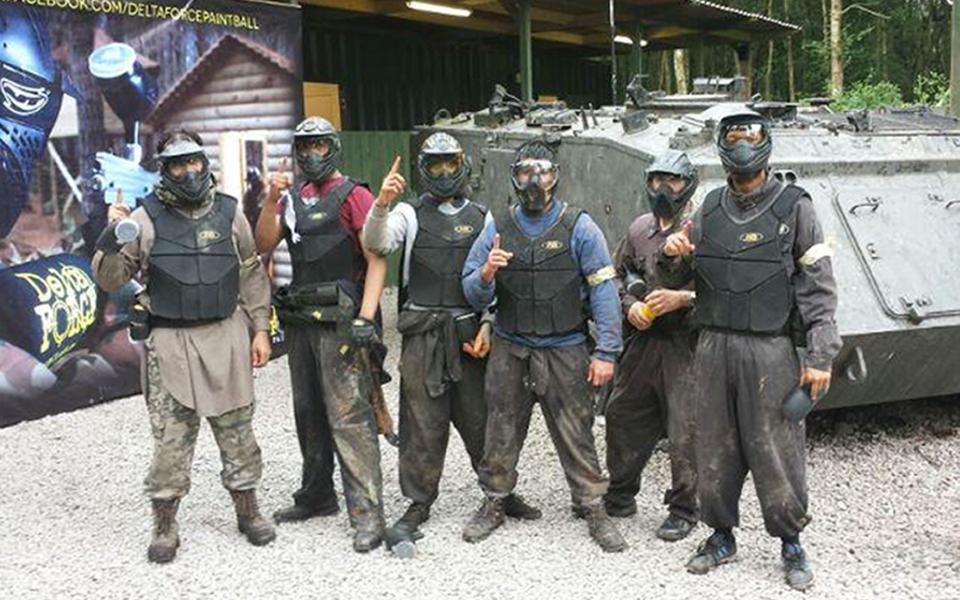Terror investigation focuses on Birmingham as report reveals extent of the city's extremist links

The massive police investigation into the Westminster terror attack is focussing on Birmingham with armed officers storming an address close to the city centre and making a number of arrests.
Locals in Hagley Road in the Five Ways district described seeing a dozen black-clad officers equipped with machine guns smashing their way into a flat above a Persian restaurant late on Wednesday night.
A witness, who works close to the scene said: "The man from London lived here. They came and arrested three men."
It was also thought that the Hyundai car driven by the terrorist began its journey in Solihull, having been hired from a firm in the area.
The fact that the terrorist responsible for the carnage in London is suspected of being from Birmingham will not come as a surprise to counter-terror experts who have long recognised the West Midlands as having a major problem with radicalisation.
A report published earlier this month by the respected Henry Jackson Society think tank concluded that one in ten of all of Britain's Islamist terrorists came from just five council wards in the city.
Birmingham, with its industrial heritage, has long been home to diverse communities from all over the world, who have largely lived in harmony.
But in recent years there has been mounting concern over what has been seen as increasing isolation between Muslims and other communities.
This has provided a fertile ground for hate preachers and those seeking to radicalise the young and disenchanted.

An analysis of terrorism in the UK has found that there have been 269 people convicted of offences or killed as suicide bombers in the UK since 1998.
Birmingham, which has a Muslim population of 234,000, has produced 39 of those terrorists, which is more than the whole of West Yorkshire, Greater Manchester and Lancashire combined.
Just five wards in Birmingham - Springfield, Sparkbrook, Hodge Hill, Washwood Heath and Bordesley Green accounted for 26 terrorists.
Britain's first Al Qaeda inspired terrorist, Moinal Abedin, also came from Birmingham, turning his home in the Sparkbrook district into a bomb making factory. He was jailed for 20 years in 2002, but is understood to have since been released.
Among those who have also been convicted of terrorism offences are Parviz Khan who was the ringleader of an Al Qaeda terror cell that plotted to behead a British Muslim soldier.

Last year two extremists were convicted of giving money to Mohamed Abrini, the man who was allegedly behind the Paris and Brussels terror outrages.
It later emerged that they had been using benefit money mistakenly paid by Birmingham City Council to help fund their activities.
While more terrorists came from London, the capital has a much larger overall population and they were more widely spread across the city.
Hannah Stuart, Senior Research Fellow at The Henry Jackson Society and the report’s author, said: “Birmingham has become the country’s second major terrorism hotspot.
Such a high concentration of offenders in Hall Green and Hodge Hill will focus the minds of policymakers and the police when it comes to deciding where to target our counter-terrorism efforts."

 Yahoo News
Yahoo News 
